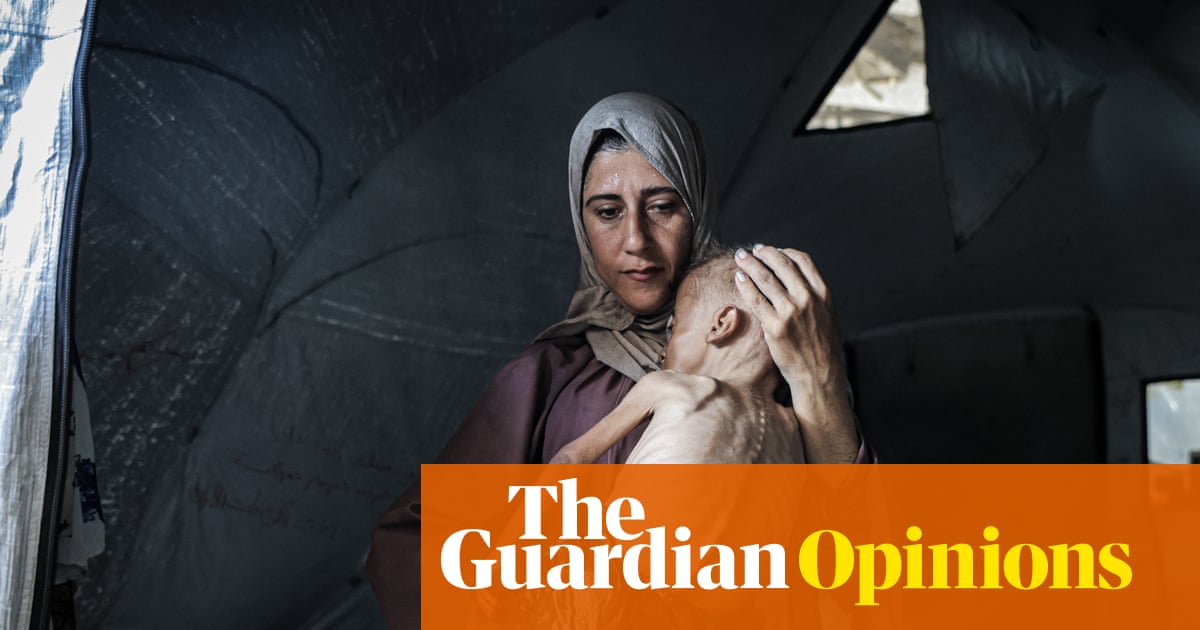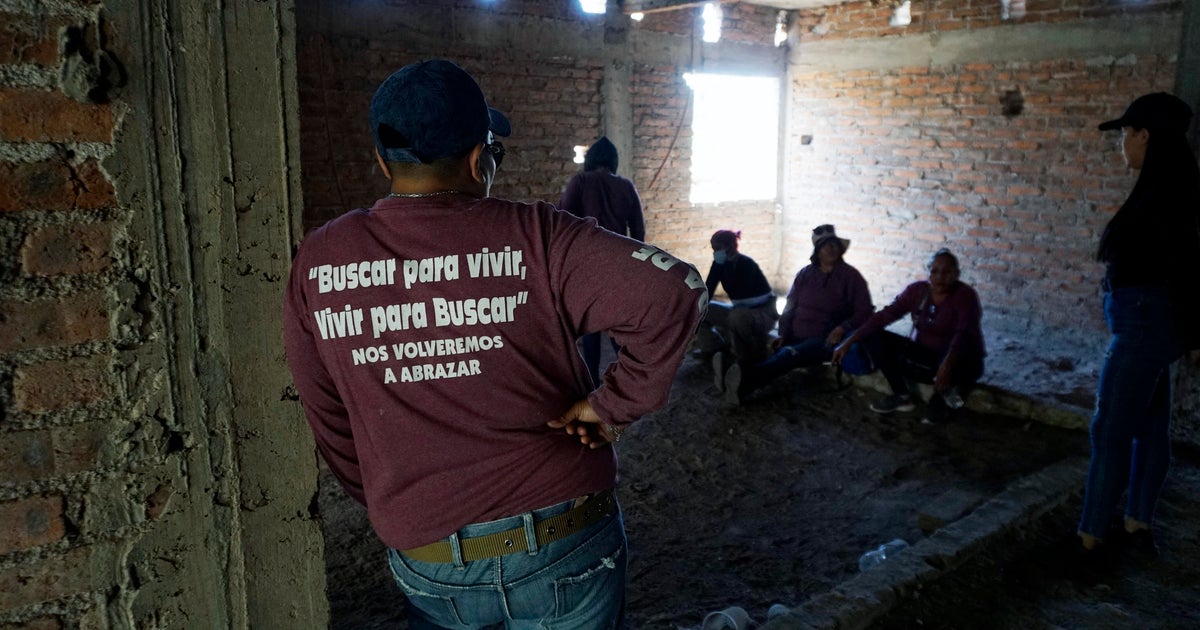International Aid to Gaza Under Scrutiny Amid Ongoing Conflict

The humanitarian crisis in Gaza continues to escalate, as Médecins Sans Frontières (MSF) has criticized Israel for allowing only a minimal amount of aid into the region. According to MSF, this measure is merely a facade, intended to convey the false impression that the siege on Gaza has been lifted. The emergency coordinator for MSF in Khan Younis, Pascale Coissard, stated that the Israeli authorities' decision to permit what he termed a ‘ridiculously inadequate amount of aid’ is an attempt to avoid accusations of starving the people of Gaza while effectively keeping them in a state of barely-surviving desperation.
In a tragic turn of events, overnight airstrikes in Gaza resulted in the deaths of at least 19 individuals, including a one-week-old infant. These strikes have drawn significant international attention and criticism as Israel faces mounting pressure to reconsider its military strategy in the region. Mahmud Bassal, a spokesman for Gaza’s civil defense agency, reported that their teams had transported the deceased, most of whom were children, and dozens more injured following the bombings carried out by Israeli warplanes across various locations in the Gaza Strip.
Casualties from the ongoing conflict have left many families in mourning, with several individuals still trapped under rubble. The civil defense agency has voiced concerns over the growing number of casualties amid the relentless air raids. In light of this humanitarian disaster, European nations have intensified their calls for Israel to halt its military campaign and allow a greater influx of aid into a territory severely affected by war.
On the previous day, Israel stated that 93 trucks had entered Gaza, but the United Nations has indicated that these supplies were insufficient and delayed due to the blockade. The UN recently announced that it had received clearance to send in humanitarian aid for the first time since Israel imposed a total blockade on March 2. This blockade has resulted in catastrophic shortages of essential food and medical supplies, exacerbating the humanitarian crisis.
As the situation continues to deteriorate, there is growing international outrage regarding Israel's actions. The European Union has signaled its intention to reassess its trade cooperation agreement with Israel in response to the blockade. Kaja Kallas, the EU foreign affairs chief, stated that a strong majority of the 27 member states support this move, citing the untenable conditions in Gaza and the urgent need to unblock humanitarian aid.
Ireland's Taoiseach, Micheál Martin, echoed this sentiment, asserting that Israel cannot operate without accountability to international humanitarian laws and norms. He committed to ensuring that the review of the EU agreement proceeds swiftly and that its conclusions lead to tangible actions.
Sweden has also pledged to advocate for sanctions against Israeli ministers, highlighting the growing discontent among European nations regarding Israel's military actions. The United Kingdom has taken a firmer stance, suspending free-trade negotiations with Israel, summoning the Israeli ambassador, and imposing sanctions on settlers in the occupied West Bank.
British Foreign Secretary David Lammy condemned Israel's actions in parliament, describing the blockade of aid and the expansion of military operations as indefensible. In response, the Israeli foreign ministry dismissed these criticisms, claiming that the EU's actions reflect a fundamental misunderstanding of the complex realities Israel faces, while insisting that external pressures would not sway Israel from its objectives of national defense and security.
Despite the challenges, COGAT, the Israeli defense ministry body responsible for overseeing civil affairs in Palestinian territories, confirmed that 93 UN trucks containing essential supplies such as food and medical drugs were transferred to Gaza. However, a UN spokesperson cautioned that the nine trucks allowed in were just a ‘drop in the ocean’ of what is urgently required for the beleaguered population. UN humanitarian chief Tom Fletcher stressed the gravity of the situation, warning that without immediate aid, 14,000 infants could face death within the next 48 hours.
US Secretary of State Marco Rubio acknowledged the inadequacy of the current aid supplies but expressed optimism that deliveries would increase in the following days and weeks. Meanwhile, the Israeli military has intensified its offensive in the region, responding to the October 7 attack by Hamas, which ignited the current conflict. Reports indicate that over 100 targets were struck in Gaza in just one day, underscoring the severity of the military operations.
Amidst the chaos, local residents like Mahmoud al-Louh have voiced their anguish, carrying the remains of victims who were innocently caught in the crossfire. ‘They are civilians, children who were sleeping. What was their fault?’ he lamented.
Prime Minister Benjamin Netanyahu has made it clear that Israel intends to ‘take control of all the territory of the Strip’ as part of its ongoing military campaign. Following a two-month ceasefire, operations resumed in Gaza on March 18, complicating an already fraught situation.
In a bid to reach a resolution, indirect negotiations between Israel and Hamas took place in Doha over the weekend. However, Qatar has criticized Israel's aggressive actions as detrimental to ceasefire prospects. Netanyahu’s office later accused Hamas of refusing to engage in meaningful talks, claiming that Israel was recalling its senior negotiators while leaving some representatives in Doha.
The fallout from the October 7 attack has been devastating, with an AFP tally indicating that 1,218 people in Israel have lost their lives, primarily civilians. Additionally, militants have taken 251 hostages, with 57 still believed to be in Gaza, including 34 whom the military has reported as deceased. The toll on Gaza has been equally harrowing, with the health ministry there stating that at least 3,427 individuals have died since strikes resumed on March 18, bringing the total death toll in the ongoing conflict to a staggering 53,573.

























